Stone Phalluses of Pompeii
The walls and streets of the ancient city are peppered with penises.
Anyone visiting Pompeii would be surprised by how much the city looks like a modern one. Streets, vendors, and even zebra crossings are found all over the city. Except, unlike most modern cities, the walls and streets of Pompeii are peppered with stone penises.
Look closely, and you’ll see that there are phalluses everywhere within the city: hiding on the roads, adorning the walls, and even hanging above doorways and bread ovens.
Tour guides often tell visitors that the stone penises of Pompeii are one of the earliest known forms of advertising. According to these stories, the phalluses serve as arrows, and if you follow the arrows, you’ll wind up at one of the city’s many brothels.
But though tourists eager to learn about the city’s seedy history gobble up this legend and spread it around the internet, that version of the penis’ history is most likely false. According to many scholars, the phalluses were symbols, not advertisements for sex. Some theories maintain that the penises were actually good luck signs or symbols meant to ward off the Evil Eye, which is why they’re often found outside homes—and not just brothels. Renowned classicist Mary Beard proposes that they simply reflect a masculine society with a penchant for erotic art.
Know Before You Go
The penises can be found all over the ancient city, some on the ground in the streets and others on walls.
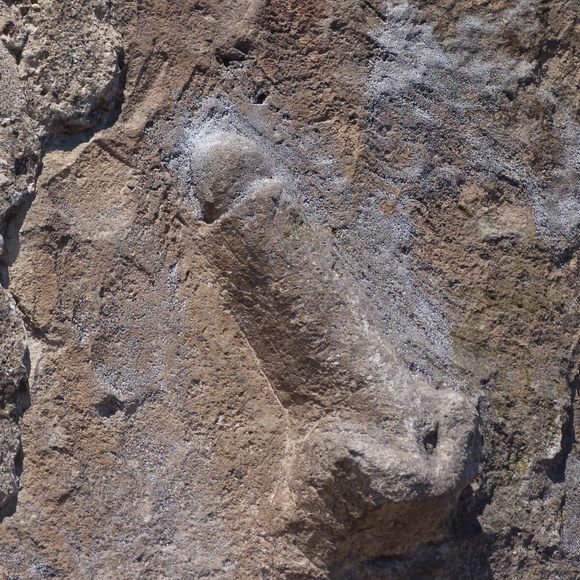

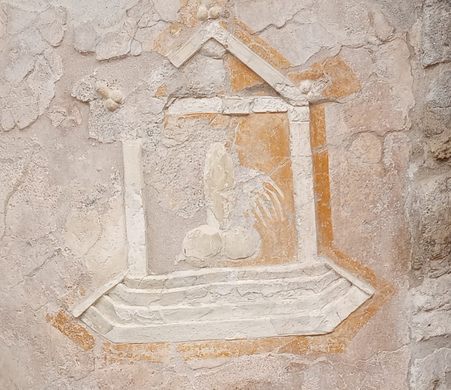
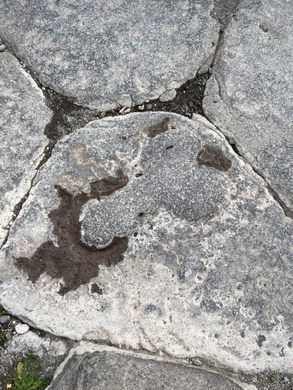
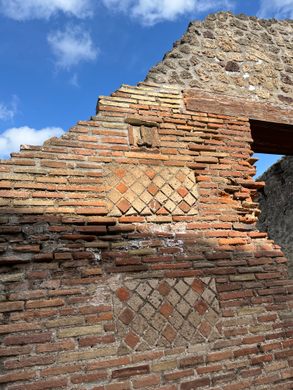
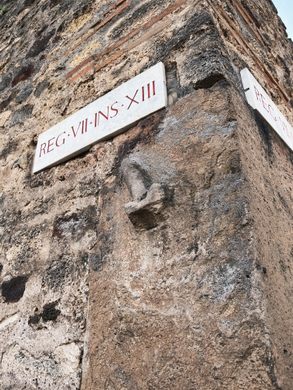
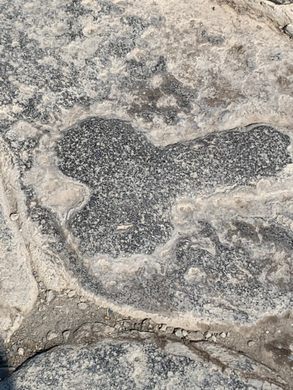


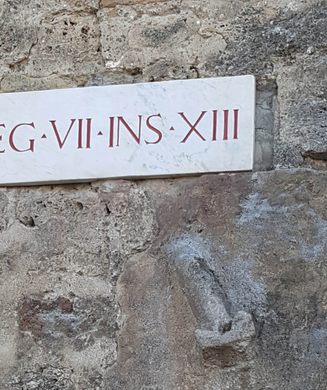

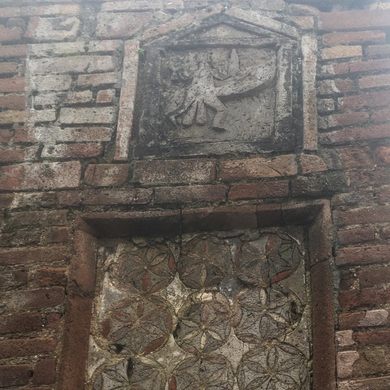
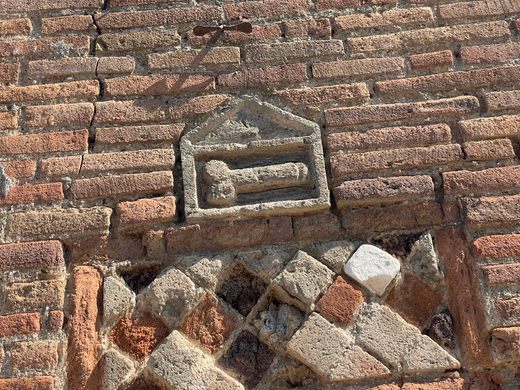
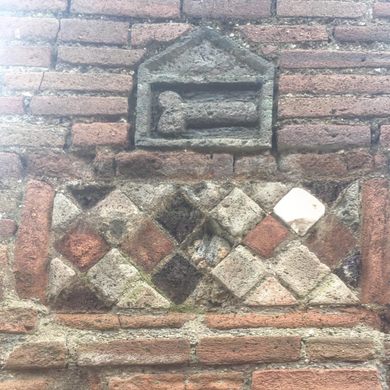
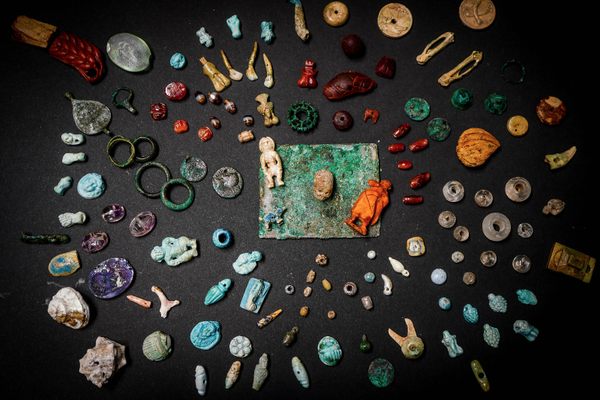

















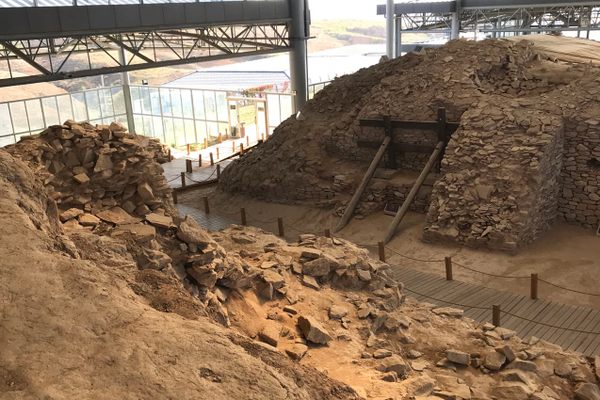


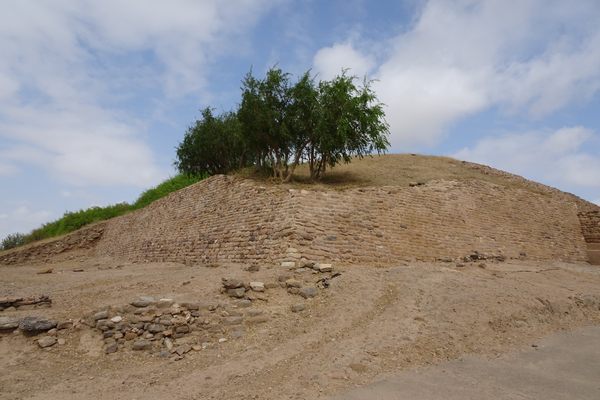

Follow us on Twitter to get the latest on the world's hidden wonders.
Like us on Facebook to get the latest on the world's hidden wonders.
Follow us on Twitter Like us on Facebook